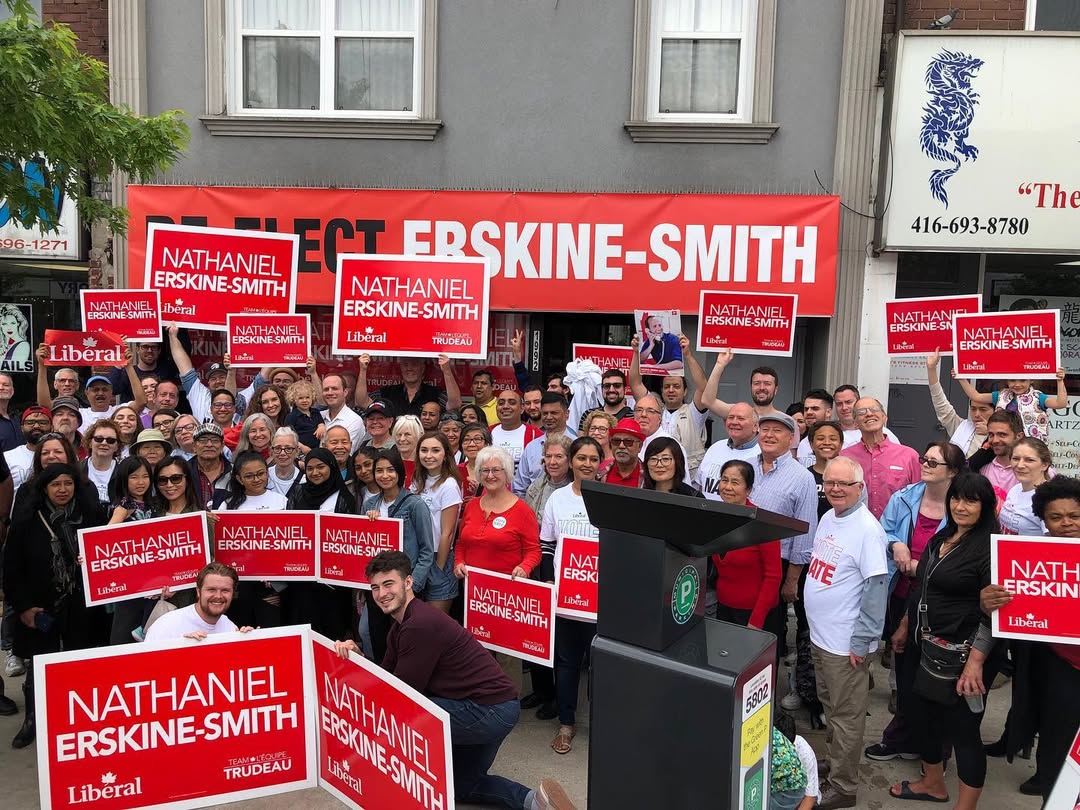We should all be embarrassed that we’ve let shameless politics kill a system that cost-effectively reduces pollution and ensures the poorest are overwhelmingly made better off.
Policies need popular support to be sustained. I get that. And the carbon pricing + rebate system is now dead, killed by Conservatives in a dedicated campaign of lies.
We failed to defend it successfully.
Singh already walked away from consumer carbon pricing months ago. And now all LPC leadership candidates are ready to do the same.
We should all be embarrassed that we’ve let shameless politics kill a system that cost-effectively reduces pollution and ensures the poorest are overwhelmingly made better off.
We forget too easily that Harper, Poilievre, Manning and politicians who otherwise express unending devotion to free markets all previously supported carbon pricing.
Why? Because it’s a market-based mechanism for reducing pollution, by internalizing a negative externality and driving innovation.
Too many too easily accept the lie that carbon pricing makes Canadians poorer.
Yes, it could have been better designed to recycle revenues in a more targeted way to working class families rather than universal payments. But the rebate system clearly made the poorest in our society better off.
So what happens now?
1) Fighting climate change gets more expensive for the taxpayer. Consumer carbon pricing only represented around 10% of emission reductions in the overall plan, so it’s thankfully not fatal. But alternative subsidy approaches to reach the same cuts to pollution will cost us more.
2) The poorest will now be worse off. The rebate made most families whole on a fiscal basis, but the poorest in our society were much better off. Without the price on pollution, there’s no revenue for the rebates.
I’m not new to politics. I understand the need to win to implement good ideas. But it’s shameful that we’ve gotten to this place, where good ideas must be sacrificed to sustained lies.
LPC leadership contestants need to step up with better ideas now: on affordability, productivity, inequality, democratic reform, and climate action.
See also:



